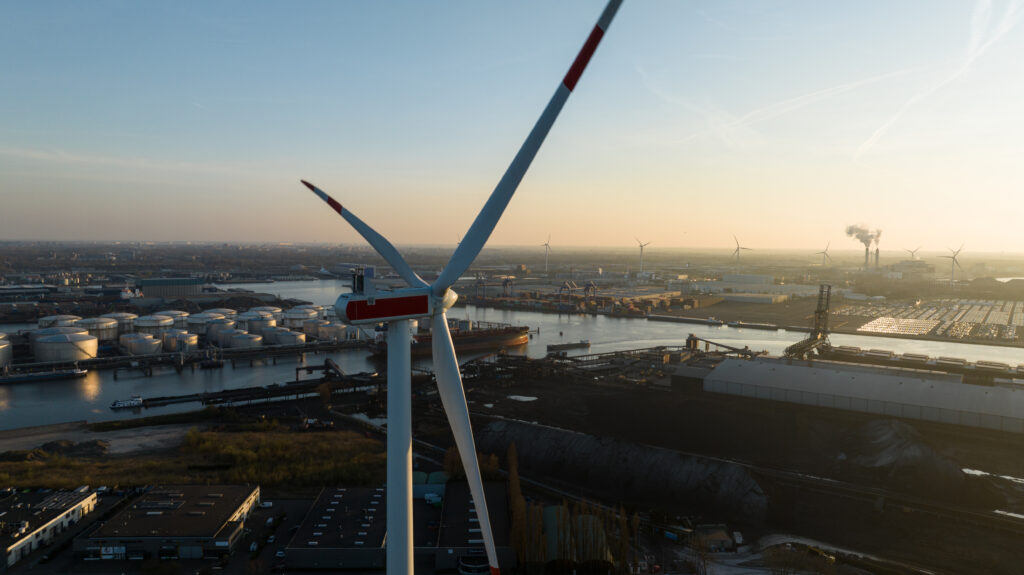Kathryn Chelminksi is an energy policy researcher at Lawrence Berkeley National Lab and a visiting fellow at the Brown University Watson Institute Climate Solutions Lab. She received her Ph.D. in international relations and political science from the Graduate Institute of International and Development Studies in Geneva.
Her research focuses on just energy transitions in the Global South and North America, the interaction of international institutions and domestic political economy in the realm of clean energy transitions and climate governance, the effectiveness of complex global environmental governance, and policy change in U.S. energy policy.
She has previously held postdoctoral fellowship affiliations with Brown University, the University of Toronto Environmental Governance Lab and Northwestern University Department of Political Science, in addition to predoctoral research fellowships with the Harvard Kennedy School Belfer Center and the University of Cambridge Judge Business School Energy Policy Research Group.
In addition to her academic experience, she have over a decade of experience working on clean energy and environmental policy spanning roles in the clean energy and transportation industries, international organizations, and government.




